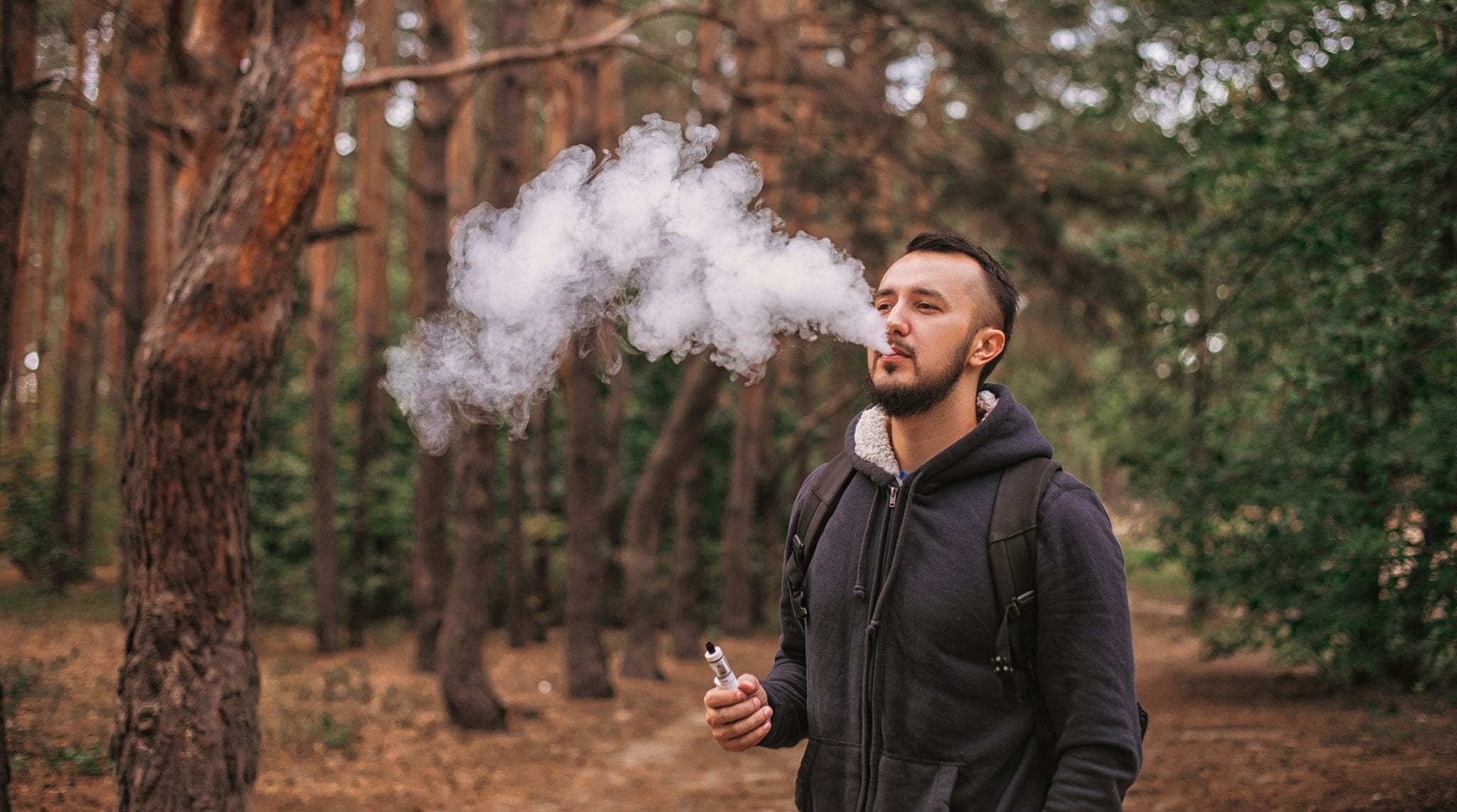Although Puff Bar executives have managed to find a loophole in federal rules banning flavored e-cigarettes, a Hartford HealthCare addictions expert stressed that it makes the product no safer or less addictive to use.
The Food and Drug Administration banned flavored vaping products like those available for Juul after recognizing a dangerous increase in use among teenagers, but Puff Bar is still able to sell fruit-flavored e-cigarettes because its owners said the law doesn’t apply to synthetic products like theirs. Puff Bar markets what they call “tobacco-free nicotine.”
“The irony is that addictive risks in youth and the potential harms of the chemicals and solvents in the vapes is independent of the nicotine source,” said Dr. J. Craig Allen, vice president of Addiction Services for Hartford HealthCare and medical director of Rushford, part of its Behavioral Health Network.
“Synthetic opioids are just as addictive and potentially harmful as opioids derived from opium poppies and synthetic cannabinoids hold the same if not greater risks than those from the marijuana plant. How they are created is irrelevant.”
In Connecticut, 27 percent of high school students reported using e-cigarettes, a number that is 7 percent higher than the national average. The numbers, according to St. Vincent’s Medical Center pulmonologist Dr. Phillip Simkovitz, reflect increased danger to youth. A Centers for Disease Control and Prevention report, he noted, showed that 99 percent of e-cigarettes contain nicotine, which can harm the developing adolescent brain.
“Vaping concerns me a lot as a doctor. It concerns me a lot as a parent,” Dr. Simkovitz said.
Both doctors cited the literature which indicates that adolescent vaping increases the risk of smoking tobacco cigarettes as well as developing addictions to other substances.
Besides nicotine, e-cigarettes contain chemicals like cadmium and lead, which Dr. Simkovitz said may cause lung damage and long-term scarring of the lungs.
“Another concern is that adolescents are not equipped to recognize addiction or know how to get help for it,” he added about vaping.
For help quitting smoking or e-cigarettes, call 1.800.QUIT.NOW or click here. For help with pulmonary issues, click here.



